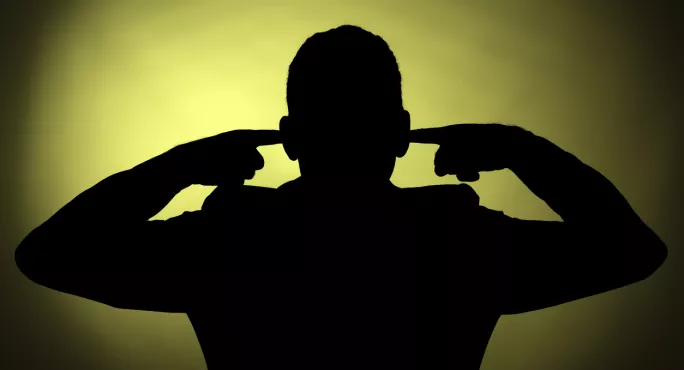- Home
- Want to survive, private schools? Then improve society
Want to survive, private schools? Then improve society

Shh. Listen. Can you hear it? It is the sound of a sector in silence, welcoming darkness, our new friend.
Like a game of academic statues, independent schools stand, hoping that they are not the first to move, looking the other way, avoiding eye contact, wishing the news agenda would rumble by without leaving so much as a fading camera flash on our manicured playing fields.
The senior schools pray that those noisy, yapping prep schools will be able to hold it together for another five minutes, allowing the twitchfork mobs to search for other enemies in different towns. Let the tumbleweeds gather in historic quads.
After the pre-election sound and fury around the future of fee-paying schools, there is a slow exhalation from headteachers, staff and parents.
The tide of hatred recedes
The old school ties are loosened, caps are worn at a (slightly) jaunty angle. The tide of hatred LAPS, but their waves recede.
Twitter accounts, which became bloated by bile on both sides, now deflate daily. Screens dim as websites fall into disuse and irrelevance, and there is a flutter of unfollows, building like a soft fall of snow, gently extinguishing the worst excesses of intolerance and fear. A breathless hush descends.
Some accounts lie dormant, waiting for a Prague Spring, a Red Renaissance; others fear for their blue ticks, unaccustomed as they are to this new, muted world. The hashtags around abolishing Eton, hunting down toffs, starting class wars look like a petrified landscape of empty noughts and crosses.
Occasionally, there is a squall north of the border, an outbreak in a campaign that seems to be over elsewhere, for at least five years, like an echo of a scream that might have been felt in full force through the home counties.
Meanwhile, remainder bins, like props from Little Shop of Horrors, wait to be fed a rich diet of Posh Boys and Old Boys.
A riddle, wrapped in a mystery
But what could be construed as escape could be nothing of the sort. Nobody knows what the new government has in store for independent schools.
But indifference around institutions that are perceived as possessing deep pockets and favourable tax arrangements is not a position that endures for very long in Whitehall, irrespective of which party is in power.
Currently, Whitehall is a riddle, wrapped in a mystery, inside an enigma. And deep within that matryoshka nesting doll is a narcissistic maverick whose actions cannot be predicted (I know, of course, that the problem with all Russian dolls is that they are full of themselves).
Large government majorities can lead to complacency, but so too can a sense that those who might benefit from this new majority are, in some ways, responsible for it happening.
It would be a mistake if the sector thought they were now back in favour because of shared enemies and distant pasts.
And just because the country turned away from Labour and to the Conservatives does not mean that all of Corbyn’s ideas were overwhelmingly disliked.
Enduring sense of unease
The sense of unease around schools that charge very high fees and offer outstanding facilities sitting within metres of those that have neither will not go away simply because the sector wants it to.
It has to be understood, admitted as real when there is substance and, if schools do tangibly disadvantage young people, then those who are advantaged by such structural inequalities need to work tirelessly to lessen the division.
Silence is listened to for only so long. It’s understandable that the very real threats the sector faced resulted in a defensiveness that was born out of a concern that our schools would close, and our jobs would be lost.
We had, through the last campaign, very few friends who spoke out in our defence.
But that time has gone, and now the sector needs to play a full and active role in the debate around schools, skills and the challenges our young people face in this new, uncertain economy.
Independent schools may be - relatively - safer now than they were before 12 December, but that may not last.
Unless we use our considerable resources and influence to make society an increasingly better, and fairer, place to grow up, then we cannot complain if those critics return, with a greater desire for change - but this time with the power to demand it.
David James is deputy head (academic) of an independent school in the South of England. He tweets @drdavidajames
Keep reading for just £1 per month
You've reached your limit of free articles this month. Subscribe for £1 per month for three months and get:
- Unlimited access to all Tes magazine content
- Exclusive subscriber-only stories
- Award-winning email newsletters



